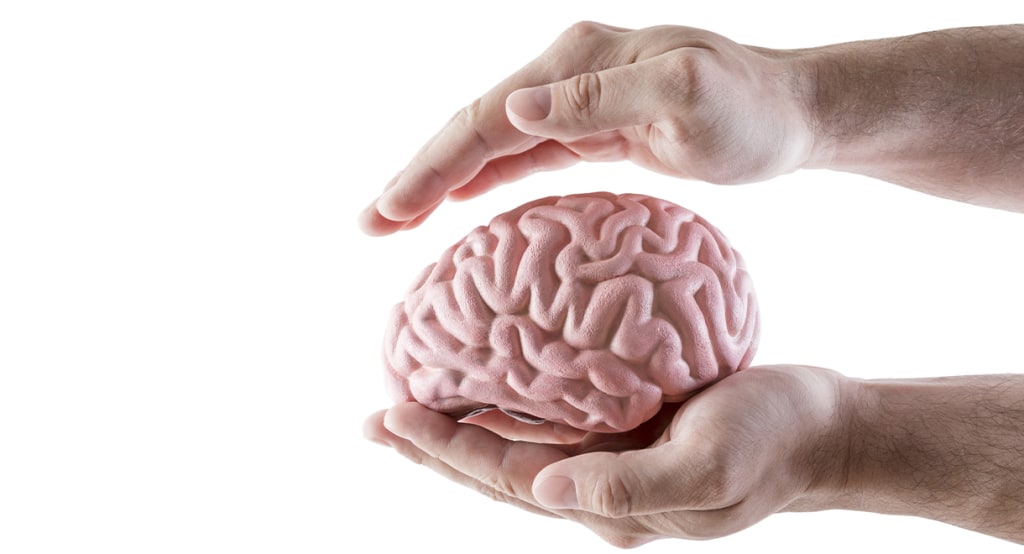Protecting Your Brain Health: 7 Lifestyle Habits to Embrace
Empower Your Brain with Simple Lifestyle Changes

Introduction to Brain Health
Just as physical fitness is essential for a healthy body, maintaining cognitive well-being is crucial for overall health. The brain, as the central control system of the body, requires proper care to function optimally. Declining brain health can manifest through various symptoms, affecting memory, concentration, and overall cognitive abilities.
Signs of Declining Brain Health
Symptoms such as forgetfulness, difficulty concentrating, mental fatigue, and mood changes are indicators of potential issues with brain health. These challenges can impact daily life, from work performance to personal relationships, highlighting the importance of proactive brain care.
Lifestyle Habits that Harm Brain Health
Several negative lifestyle practices significantly influence brain health, potentially leading to neurological conditions such as dementia and Alzheimer's disease. Recognizing and eliminating these habits early can help prevent cognitive decline and improve brain function over time.
1. Sedentary Lifestyle: Move More for Better Brain Health
A sedentary lifestyle not only affects physical health but also harms cognitive function. Research has shown that regular physical activity promotes blood flow to the brain, delivering essential nutrients and oxygen crucial for optimal brain health. Exercise has been linked to enhanced memory, improved concentration, and overall cognitive function. Incorporating activities like walking, jogging, swimming, or yoga into your routine can significantly benefit brain health.
2. Unhealthy Diet: Opt for Brain-Boosting Nutrition
Diets high in processed foods, sugars, and unhealthy fats can impair brain function over time. Instead, prioritize a brain-boosting diet rich in fruits, vegetables, whole grains, lean proteins, and healthy fats like omega-3s. These nutrients provide antioxidants and essential fatty acids that protect brain cells, reduce inflammation, and support optimal cognitive function. Consider incorporating foods such as salmon, nuts, seeds, leafy greens, berries, and avocados into your meals for maximum brain health benefits.
3. Inadequate Sleep: Prioritize Quality Sleep
Quality sleep is crucial for brain health as it allows the brain to consolidate memories, process information, and eliminate toxins accumulated during the day. Chronic sleep deprivation has been linked to increased cognitive decline, memory problems, and mood disorders. Aim for 7-9 hours of uninterrupted sleep each night to support optimal brain function and overall well-being. Establishing a regular sleep schedule, creating a relaxing bedtime routine, and creating a conducive sleep environment can help improve sleep quality.
4. Chronic Stress: Manage Stress Effectively
Chronic stress and anxiety can have detrimental effects on brain health by increasing inflammation and cortisol levels, which can damage brain cells over time. Practice stress-reducing techniques such as mindfulness meditation, deep breathing exercises, yoga, or engaging in hobbies and activities you enjoy. These practices promote relaxation, reduce stress levels, and support brain health. Additionally, maintaining a healthy work-life balance, setting realistic goals, and seeking social support can also help manage stress effectively.
5. Smoking and Alcohol Consumption: Reduce Harmful Substances
Smoking and excessive alcohol consumption are detrimental to brain health. Nicotine constricts blood vessels, reducing oxygen flow to the brain, while alcohol disrupts neurotransmitter function and damages brain cells. Quit smoking and limit alcohol intake to protect cognitive function, reduce the risk of neurodegenerative diseases, and improve overall brain health. If you need assistance with smoking cessation or alcohol reduction, consider seeking support from healthcare professionals or support groups.
6. Lack of Mental Stimulation: Challenge Your Brain Daily
A lack of mental stimulation and cognitive engagement can contribute to cognitive decline over time. Engage in activities that challenge your brain and promote neuroplasticity, the brain's ability to form and reorganize synaptic connections. Activities such as puzzles, crossword puzzles, learning new skills or languages, reading, playing musical instruments, or engaging in intellectually stimulating conversations can help maintain cognitive function and preserve memory. Continuously challenging your brain with new tasks and activities can help build cognitive reserve and protect against cognitive decline.
7. Social Isolation: Stay Connected for Brain Health
Social isolation and loneliness are associated with increased cognitive decline and a higher risk of developing dementia. Maintaining social connections with friends, family, and community members is essential for brain health and overall well-being. Social interactions stimulate brain activity, reduce stress, and promote emotional well-being. Participate in social activities, join clubs or organizations, volunteer, or attend social events to stay connected and support brain health.
Conclusion
Protecting brain health is essential for maintaining overall well-being and quality of life. By adopting these lifestyle changes—increasing physical activity, improving diet, prioritizing sleep, managing stress, reducing harmful substances, engaging in mental stimulation, and fostering social connections—you can safeguard cognitive function and promote a healthier brain for years to come. Taking proactive steps today can lead to a sharper mind, improved memory, and better overall brain health in the future. Embrace these habits to nurture your brain and enjoy a fulfilling life with optimal cognitive vitality.
About the Creator
Enjoyed the story? Support the Creator.
Subscribe for free to receive all their stories in your feed. You could also pledge your support or give them a one-off tip, letting them know you appreciate their work.





Comments
There are no comments for this story
Be the first to respond and start the conversation.